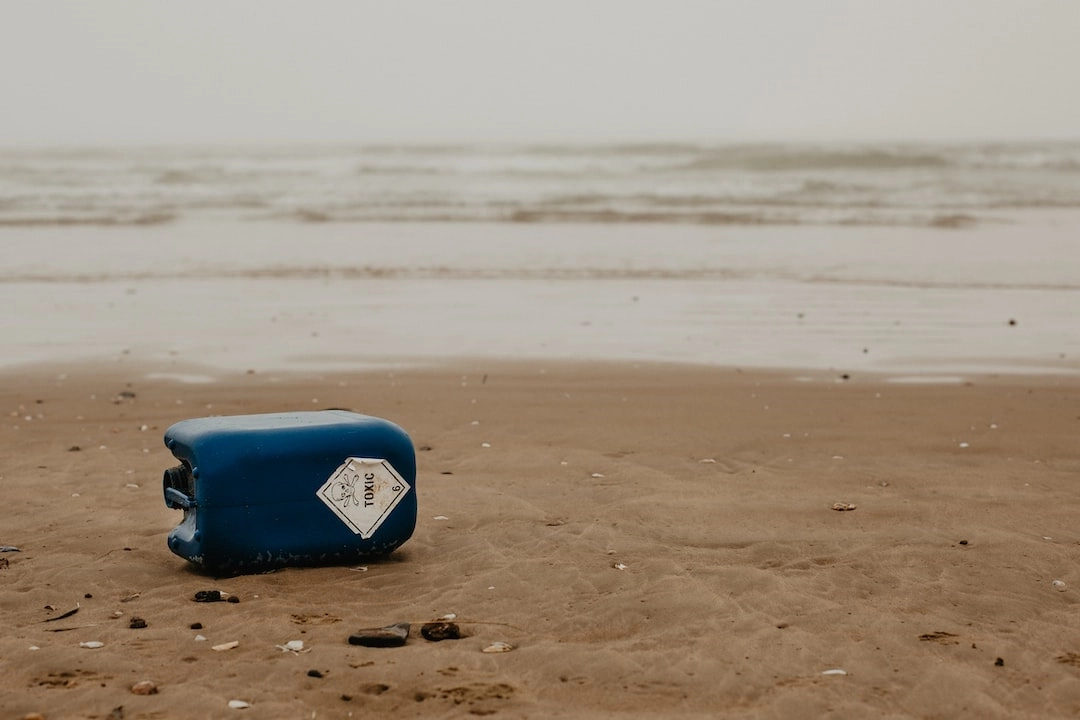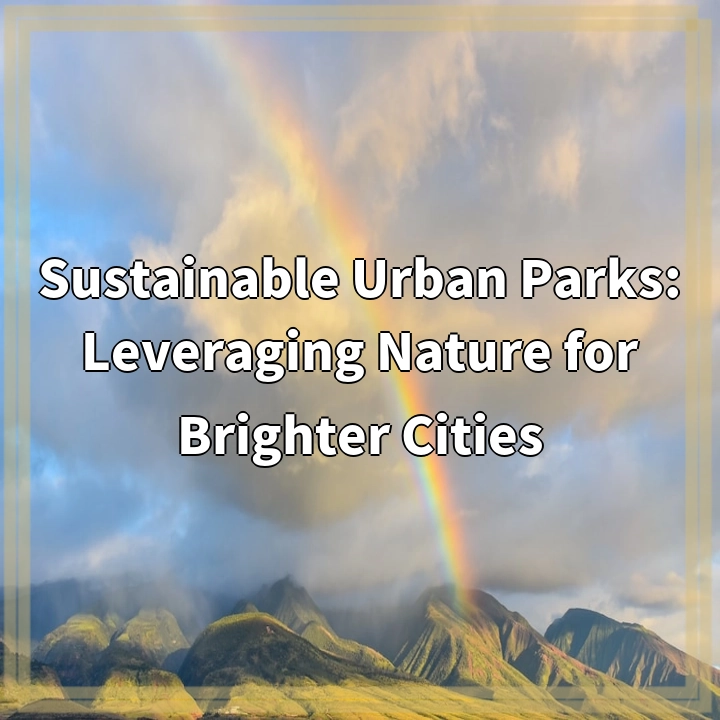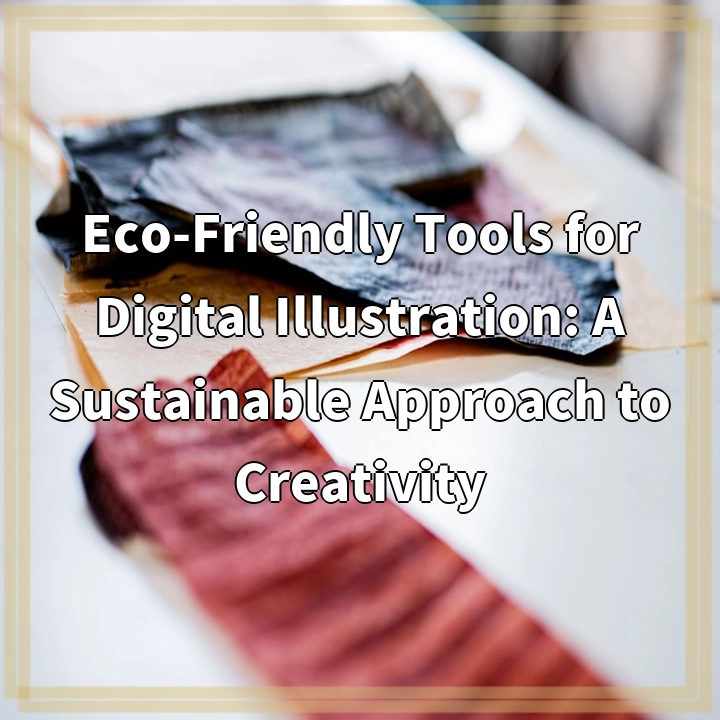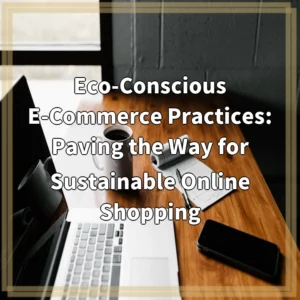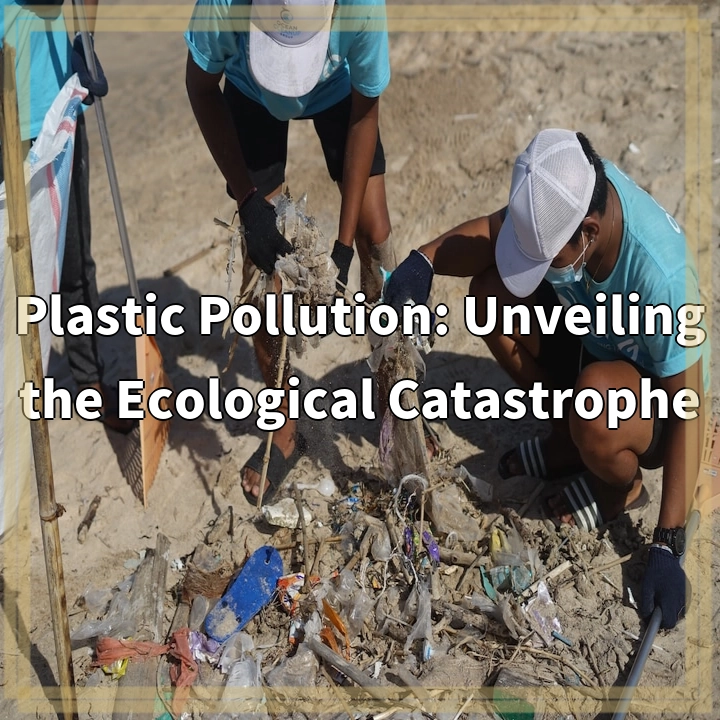
What is Plastic Pollution?
Plastic pollution refers to the accumulation of plastic waste and debris in the environment, particularly in our oceans, rivers, and land. It includes various forms of plastic, such as bottles, bags, packaging, microplastics, and larger plastic items that have not been disposed of properly or recycled. The excessive and improper use of plastic has led to a grave environmental crisis with far-reaching consequences.
Real-World Problems Associated with Plastic Pollution
1. Marine Life and Ecosystem Damage
One of the most devastating consequences of plastic pollution is its impact on marine life. Marine animals often mistake plastic debris for food, leading to ingestion and entanglement. This causes fatal injuries, disrupts their natural behaviors, and can lead to death. Furthermore, plastic pollution destroys fragile marine ecosystems and damages coral reefs, which are vital habitats for a wide range of marine species.
2. Human Health Risks
Plastic pollution not only affects wildlife but also poses significant risks to human health. When plastic breaks down in the environment, it releases toxic chemicals and microplastics that can contaminate water sources and food chains. The consumption of seafood contaminated with microplastics has potential health impacts, including hormone disruption, reproductive issues, and an increased risk of certain diseases.
3. Environmental Impact and Climate Change
The production and incineration of plastic contribute to greenhouse gas emissions, thereby exacerbating climate change. Additionally, plastic pollution disrupts natural ecosystems, hampers nutrient cycling, and alters the delicate balance of our environment. It poses a threat to biodiversity, reduces soil fertility, and degrades terrestrial habitats.
4. Waste Management Challenges
The sheer volume of plastic waste generated poses significant challenges for waste management systems worldwide. With inadequate infrastructure and poor recycling rates, most plastic ends up in landfills or is incinerated, releasing harmful pollutants into the air. Plastic waste that is improperly disposed of can find its way into water bodies, perpetuating the cycle of pollution.
As you can see, plastic pollution is not just an aesthetic problem; it has severe implications for ecosystems, human health, and the environment at large. Addressing this crisis requires collective action, from reducing plastic consumption and improving waste management systems to advocating for policy changes and promoting sustainable alternatives. Together, we can work towards a cleaner and healthier planet.

Solutions to Plastic Pollution
Addressing plastic pollution requires a comprehensive approach that involves individuals, governments, industries, and organizations working together to reduce plastic waste and promote sustainable alternatives. Here are some key solutions to combat plastic pollution:
1. Reduce Single-Use Plastics
One of the most effective ways to tackle plastic pollution is by reducing the consumption of single-use plastics such as plastic bags, straws, and bottles. Opting for reusable alternatives and carrying your own reusable water bottle, shopping bags, and cutlery can significantly reduce plastic waste.
2. Improve Recycling Infrastructure
Investing in robust recycling infrastructure and promoting effective recycling practices is crucial. Governments and municipalities should encourage recycling programs and provide accessible recycling facilities to ensure that plastic waste is properly collected, sorted, and recycled.
3. Encourage Industry Innovation
Industries have a key role in addressing plastic pollution through innovative practices. This includes promoting the use of biodegradable and compostable alternatives, implementing eco-design principles, and developing sustainable packaging solutions that minimize plastic waste and pollution.
4. Support Policy Changes
Advocating for policies that reduce plastic consumption and promote sustainable practices is essential. Governments can implement plastic bag bans, introduce extended producer responsibility programs, and impose taxes on single-use plastics. Consumers can actively support and engage in campaigns that push for policy changes.
5. Education and Awareness
Raising public awareness about the environmental impact of plastic pollution is vital. Education initiatives can focus on teaching individuals about the consequences of plastic pollution and empowering them to make conscious choices. By fostering environmental consciousness from an early age, we can instill habits that prioritize sustainability.
By implementing these solutions and promoting a shift towards a circular economy, we can combat plastic pollution and pave the way for a cleaner and healthier planet for future generations. Remember, even small actions can make a big difference when it comes to resolving this ecological catastrophe.
